Why the Battle of the Somme was so significant
Commemorations are taking place in Thiepval to mark centenary of infamous World War One battle
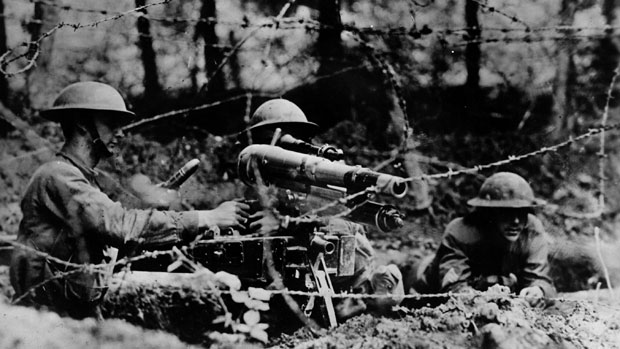
A free daily email with the biggest news stories of the day – and the best features from TheWeek.com
You are now subscribed
Your newsletter sign-up was successful
International ceremonies are being held today to mark the centenary of the Battle of the Somme's final day.
Around 2,000 guests will gather in the northern French village of Thiepval, which has been holding services to mark the 100th anniversary of every day of the battle, which began on 1 July 1916.
Bishop James Newcome, the Royal British Legion's national chaplain, will lead today's service, with Lord Llewellyn of Steep, Britain's ambassador to France, among the guests.
The Week
Escape your echo chamber. Get the facts behind the news, plus analysis from multiple perspectives.

Sign up for The Week's Free Newsletters
From our morning news briefing to a weekly Good News Newsletter, get the best of The Week delivered directly to your inbox.
From our morning news briefing to a weekly Good News Newsletter, get the best of The Week delivered directly to your inbox.
In the UK, the Imperial War Museum is marking the anniversary by releasing harrowing accounts of hundreds of veterans of the battle, which were collected in the 1960s. One such account tells of a British soldier's compassion to a dying German asking for water and his mother.
Later, the Royal Festival Hall in London will screen a UNESCO-listed historical film, with a live accompaniment from the BBC Concert Orchestra. The National Memorial Arboretum in Staffordshire will stage an evening of music and drama accompanied by a special light and sound installation. A Somme Centenary Challenge Run will also be held under the White Cliffs of Dover.
What do the events commemorate?
After two years of relative stalemate on the Western Front, in 1916 Allied forces decided to make a 'big push' to break the German lines. However, the German troops turned out to be well prepared for the attack, and instead of a decisive break-through, the Battle of the Somme became a protracted slaughter.
A free daily email with the biggest news stories of the day – and the best features from TheWeek.com
Over the 141 days from 1 July until 18 November, the battle claimed more than one million casualties, and 300,000 lost their lives. On the first day alone, 20,000 British troops were ground up in the terrifying machinery of modern warfare, with machine guns, tanks and fighter planes among the innovations adding to the carnage.
"The conditions are almost unbelievable," wrote Australian soldier Edward Lynch of his experiences. "We live in a world of Somme mud. We sleep in it, work in it, fight in it, wade in it and many of us die in it. We see it, feel it, eat it and curse it, but we can't escape it, not even by dying."
Why was the Somme so significant?
One of the deadliest battles in history, the Somme came to embody all the horror of the First World War. The Somme became a byword for senseless slaughter as the Allies gained just six miles over 141 days of bloodshed.
For the first time, film cameras were able to give the British public an inside look at life on the front line, and more than 20 million people flocked to cinemas to see 'The Battle of the Somme'.
The horror of the Somme also led to the end of the so-called 'Pals Battalions', set up to allow men from the same town to serve together. Amid the carnage it soon became clear that the idea risked devastating whole communities. In one notorious incident on the first day of the Somme, 585 men of the 700-strong Accrington Pals were killed or wounded in the space of 20 minutes. After the Somme, no more Pals Battalions were formed, while the existing battalions were gradually incorporated into other units.
-
 6 of the world’s most accessible destinations
6 of the world’s most accessible destinationsThe Week Recommends Experience all of Berlin, Singapore and Sydney
-
 How the FCC’s ‘equal time’ rule works
How the FCC’s ‘equal time’ rule worksIn the Spotlight The law is at the heart of the Colbert-CBS conflict
-
 What is the endgame in the DHS shutdown?
What is the endgame in the DHS shutdown?Today’s Big Question Democrats want to rein in ICE’s immigration crackdown
-
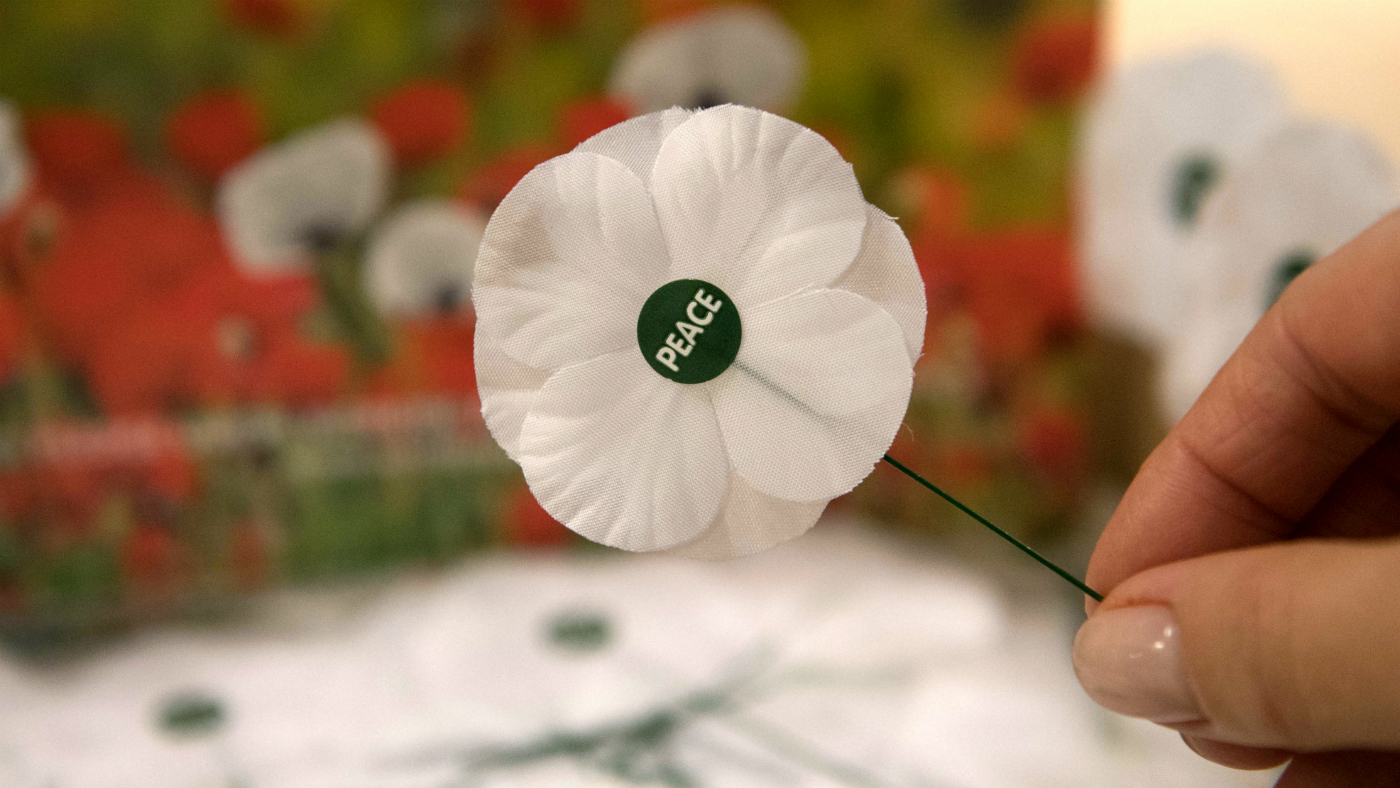 What do the different coloured poppies symbolise?
What do the different coloured poppies symbolise?In Depth Volunteers are distributing millions of poppies in the run up to Remembrance Day
-
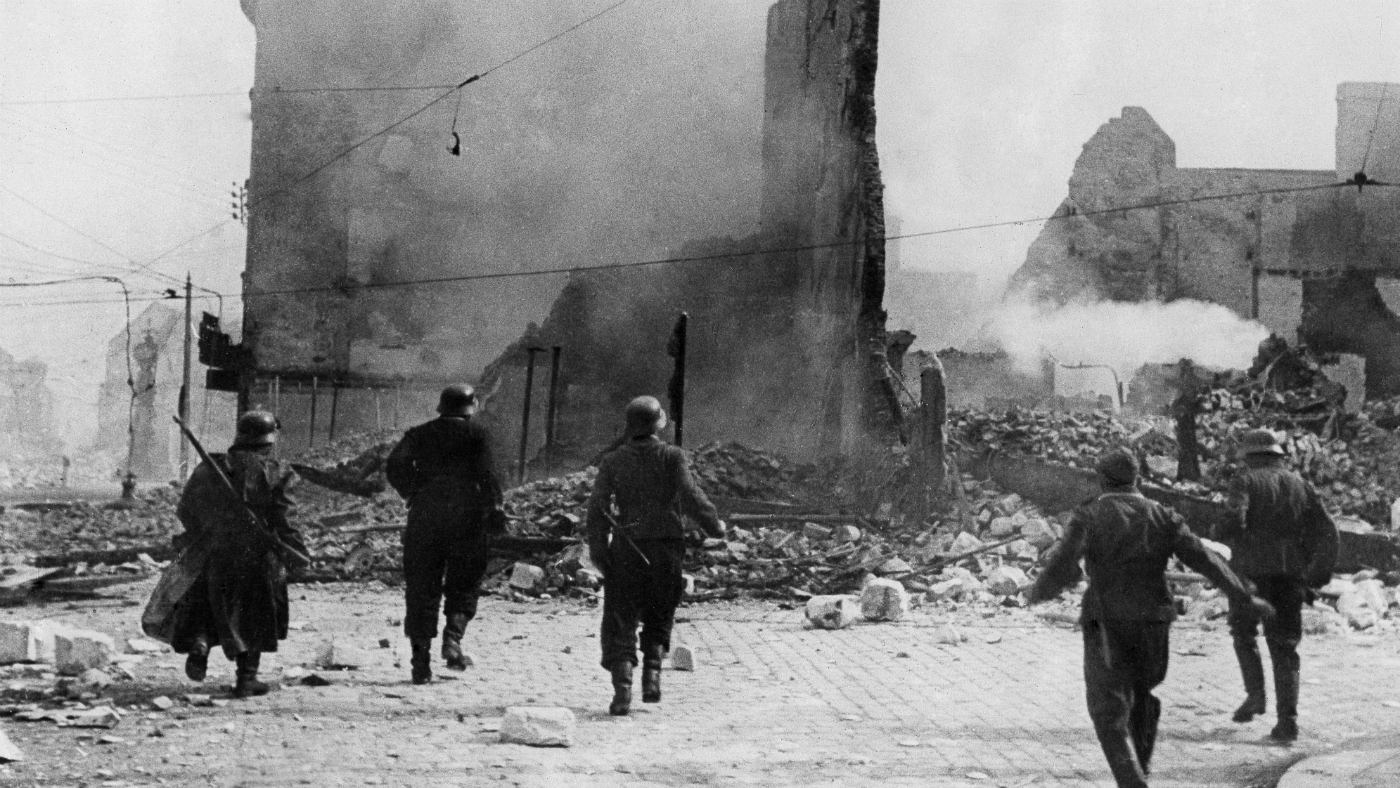 First World War: four things we get wrong
First World War: four things we get wrongIn Depth
-
 What happened at the Battle of Amiens
What happened at the Battle of AmiensIn Depth Theresa May is in France to mark 100th anniversary of one of the most pivotal events of First World War
-
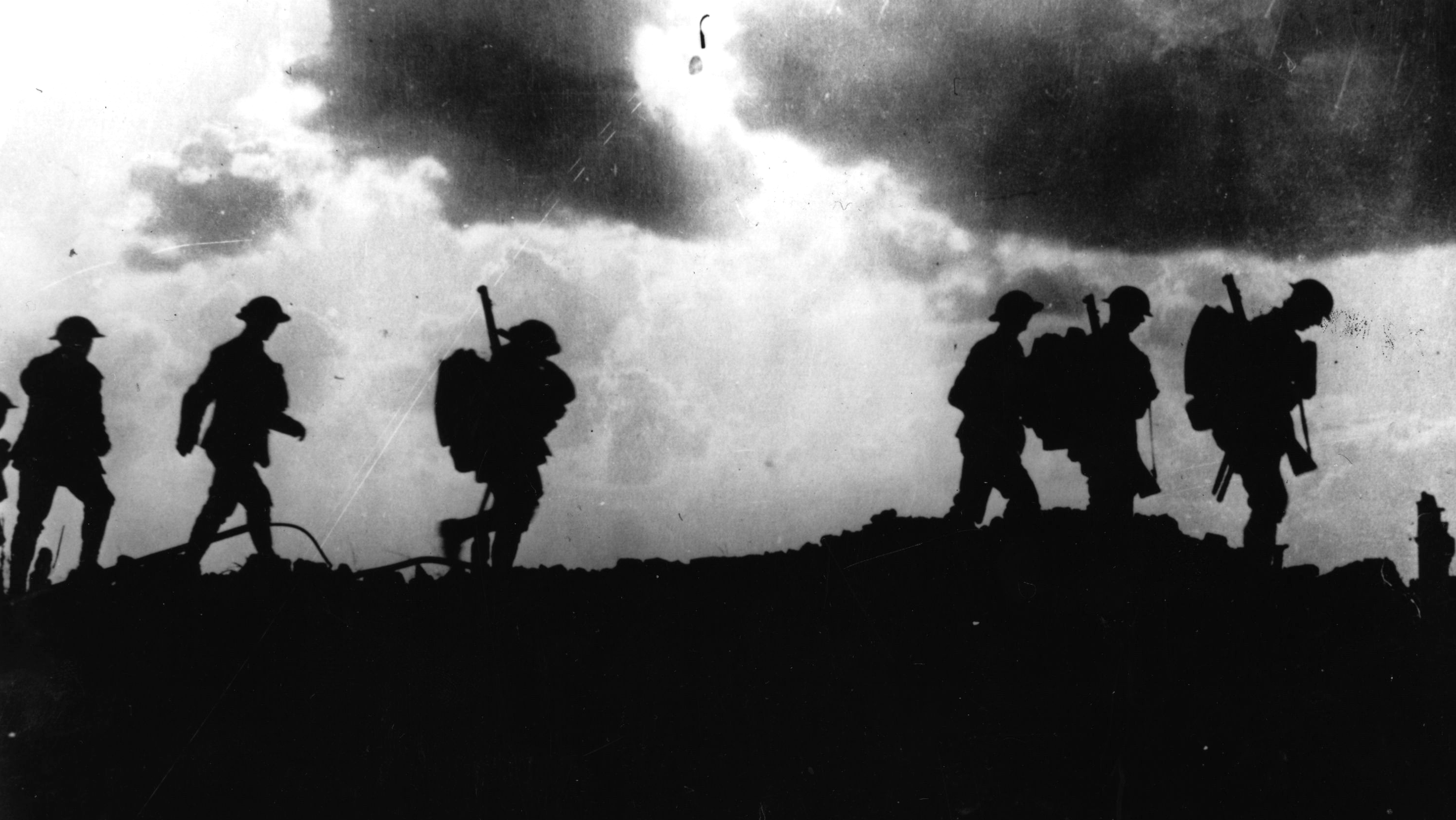 The secret history of the gay soldiers who served in the First World War
The secret history of the gay soldiers who served in the First World WarIn Depth Discrimination and persecution has led to gay soldiers of the Great War being seen as tragic figures, but this was not always the case
-
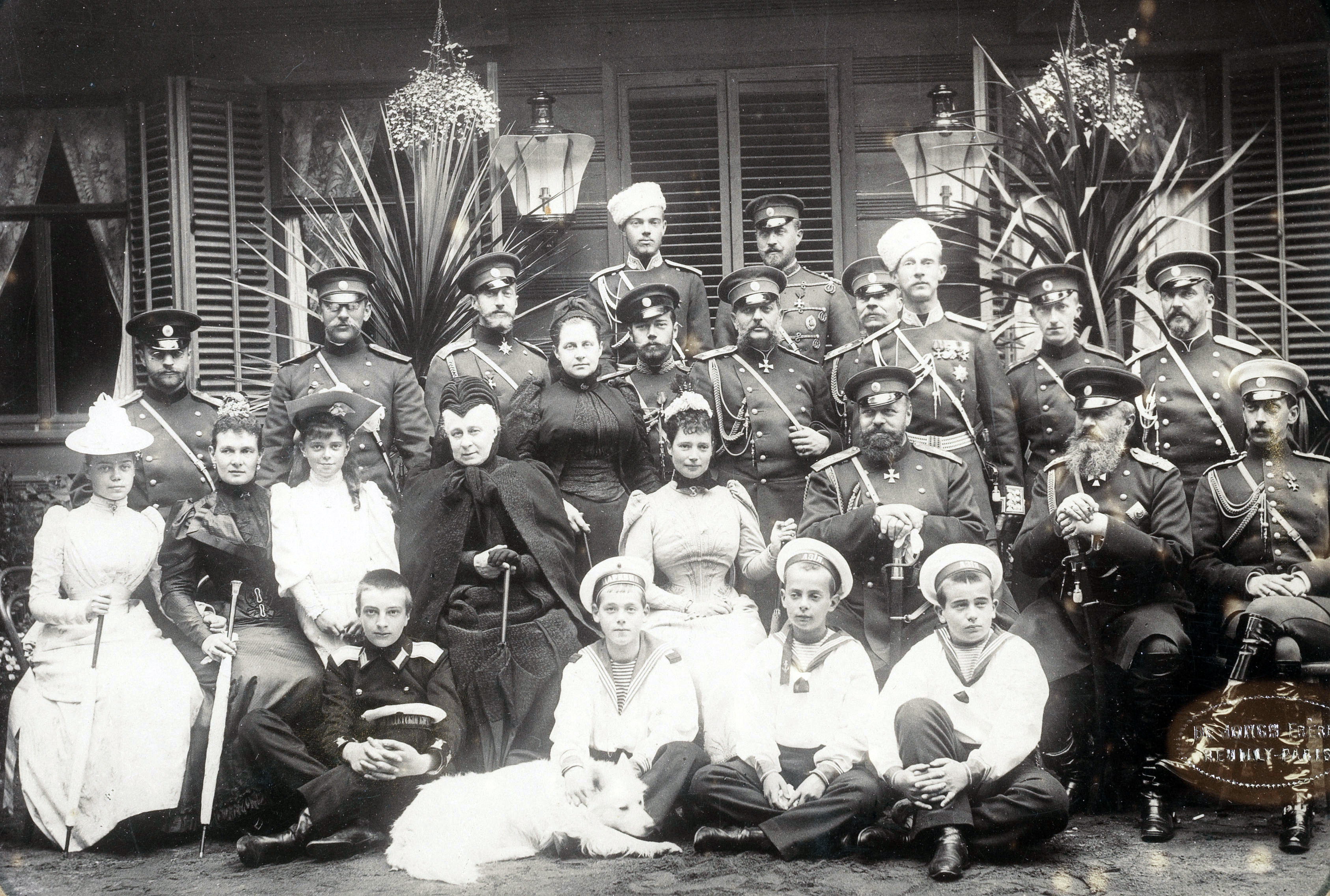 The Romanoffs: how did the Tsar and his family die?
The Romanoffs: how did the Tsar and his family die?In Depth New series about descendants of the Russian royal family comes to Amazon Prime
-
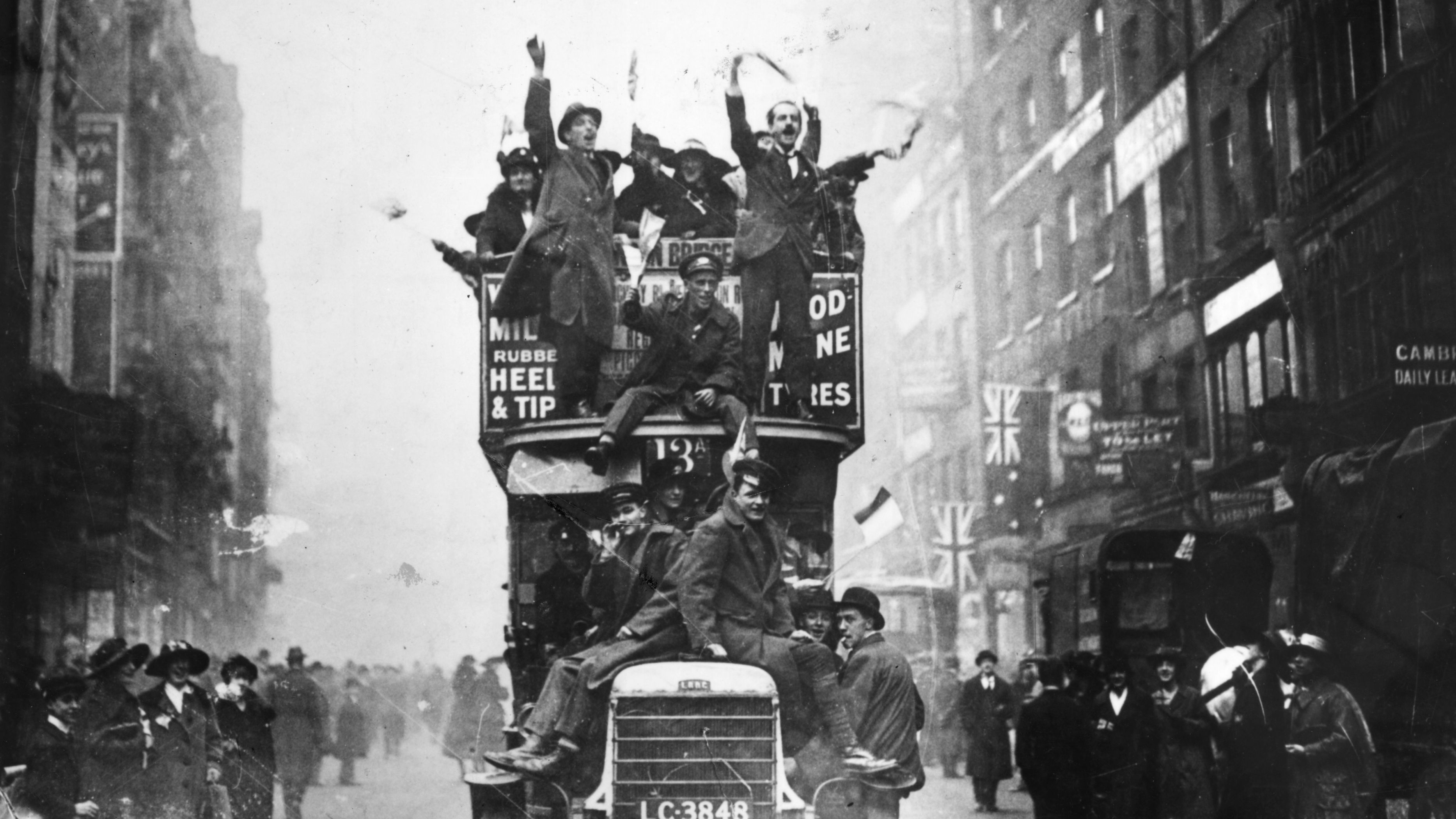 How did World War One end?
How did World War One end?In Depth Duchess of Cornwall marks Armistice Day at Westminster Abbey
-
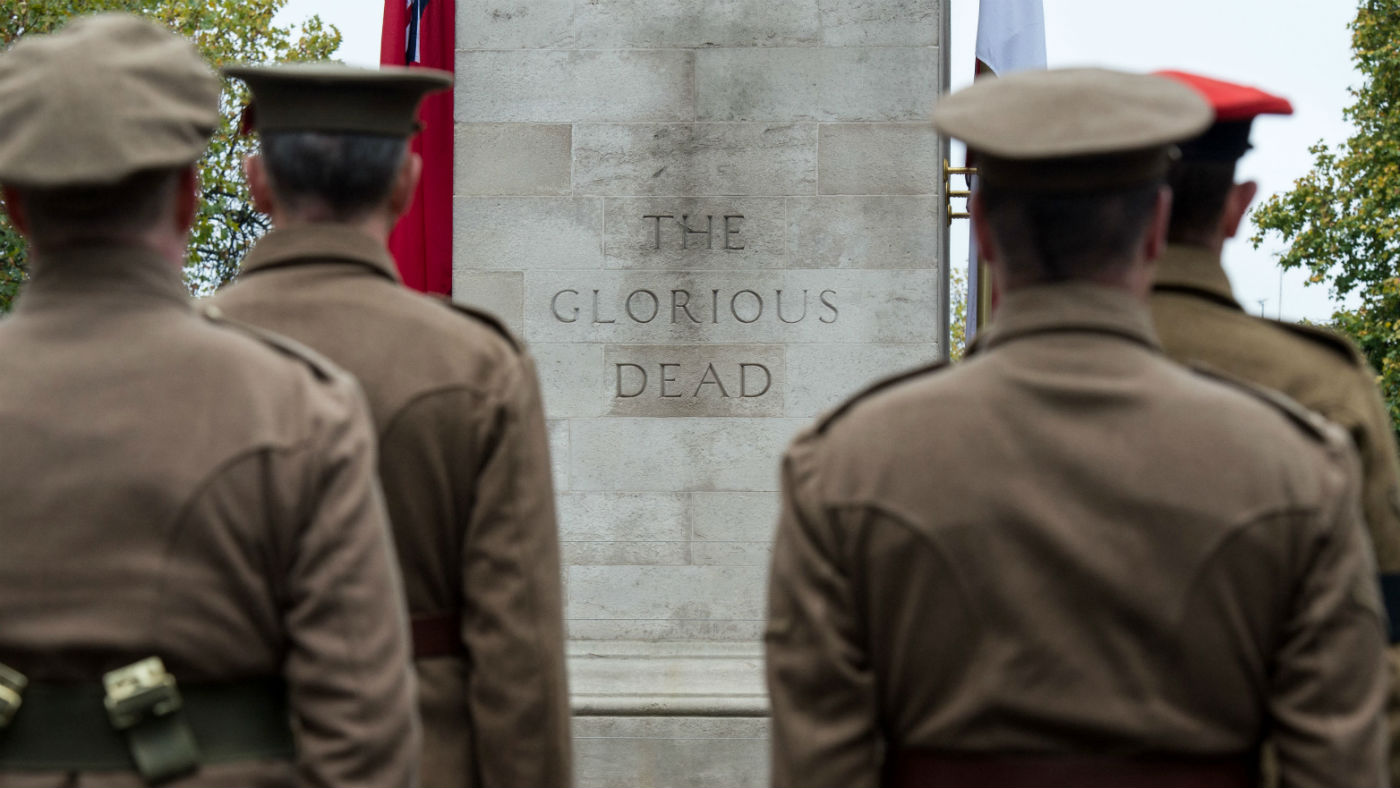 First World War centenary: Armistice events around the UK
First World War centenary: Armistice events around the UKThe Week Recommends A selection of events going on around the country as the UK prepares to commemorate 100 years since the end of World War One
-
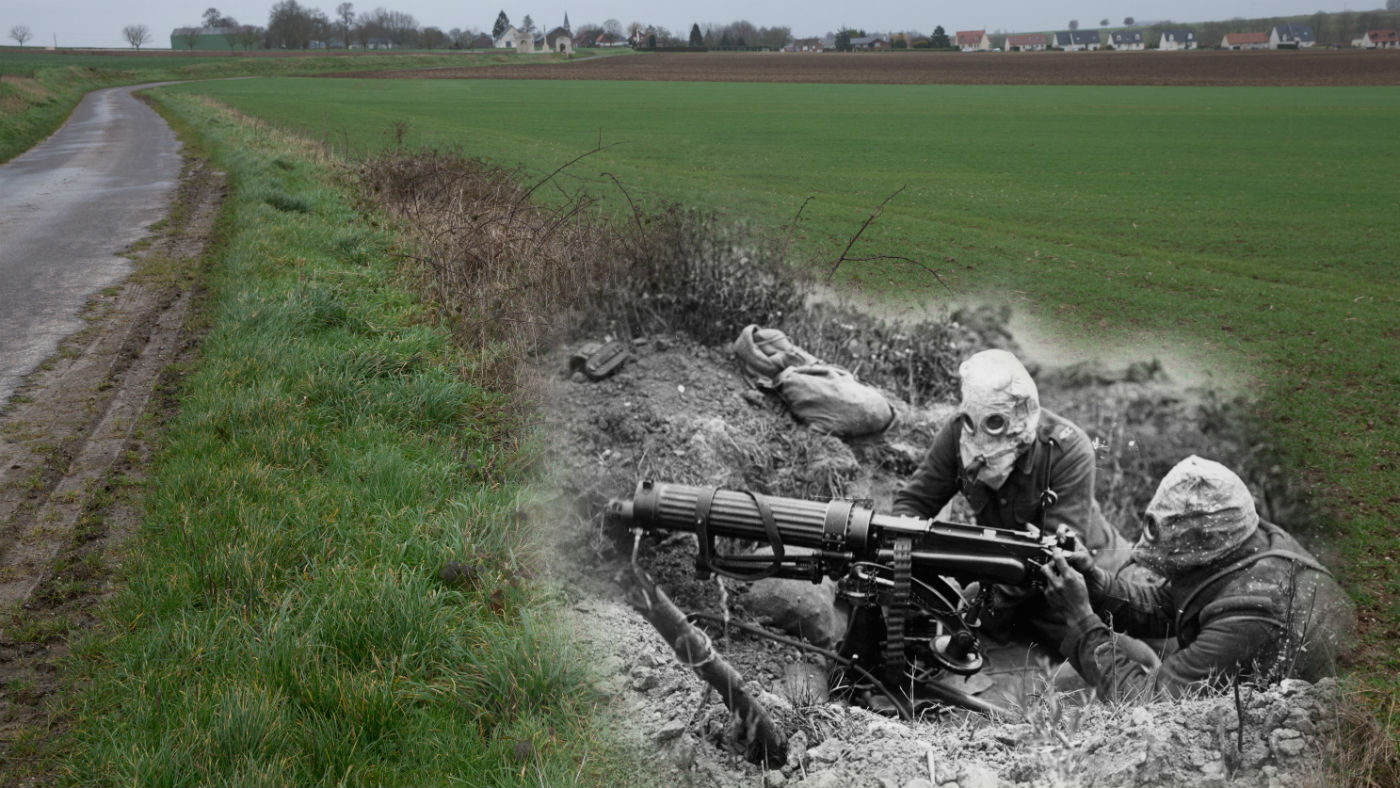 First World War composite photos bring past to life
First World War composite photos bring past to lifeIn Depth Then-and-now images put snapshots of the Great War in a 21st century setting